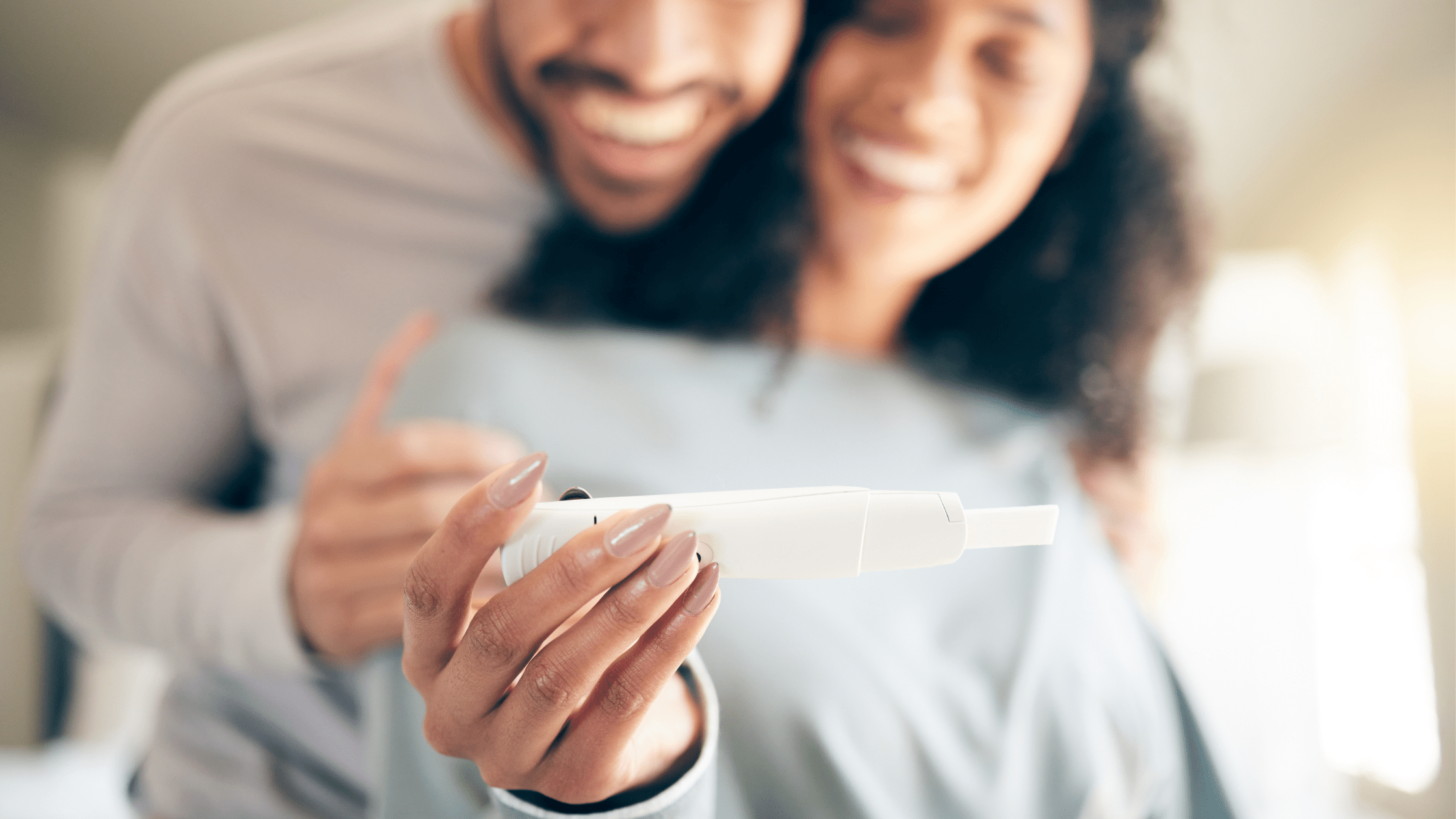IVF – your questions answered

Many people start their IVF journey with a lot of questions. Often, the answers that they are given, lead to even more questions. Trawling the internet to find those answers can feel overwhelming and demoralising. Here, at The IVF Network, we have compiled a list of frequently asked questions and the answers to go with them, to help to make your journey easier.
What does IVF stand for?
IVF is the abbreviation for in vitro fertilisation, an assisted reproductive technique, used for individuals or couples who have been unable to conceive through sexual intercourse.
What is the success rate of IVF on the first try?
In an article from Verywellfamily.com it says that: “According to a study of approximately 156,000 women, the average live-birth rate for the first cycle was 29.5%. This is comparable to the success rates for a natural cycle in couples with healthy fertility.”
What is IVF and how is it done?
IVF is a complex process, involving fertility drugs being self-injected at home, to stimulate the ovaries to release more eggs than usual. Scans and possibly blood tests are used to detect how well the follicles are responding to the fertility medication and to identify the best time to collect the eggs. A sperm sample is collected and after the egg retrieval, the healthiest sperm are selected and added to the eggs in a special dish in the laboratory. If viable embryos are produced, they are then transferred to the uterus via a catheter (a thin tube).
What is egg retrieval?
This is the process of gathering the eggs from the female partner. They are collected under sedation, using a fine needle, which is passed through the vaginal wall. They are then washed and put with the sperm in a dish in the laboratory, or frozen, for use in the future.
How long does the egg retrieval process take?
Fertility medication is given 10-12 days before egg retrieval, to stimulate the ovaries to mature the eggs, ready for collection. The actual process of retrieving the eggs does not take long, around 15 minutes, followed by a rest period.
Why and when is IVF used?
IVF is used for people who have been to their GP after being unable to conceive through unprotected sexual intercourse, after a year of trying if the female partner is under 35, or after 6 months of trying if she is over the age of 35. IUI treatment may be tried first, if the female has no obvious, identified barriers to conception, as it is less invasive and less expensive.

Who is IVF recommended for?
IVF is recommended for heterosexual couples who have tried, unsuccessfully, to conceive naturally, through unprotected sexual intercourse. It is also commonly used for members of the LGBT+ community and for heterosexual individuals who do not have a partner.
How long does IVF take, from start to finish?
The time a cycle takes varies, however, the HFEA (Human Fertilisation and Embryology Authority) gives this general indication: “For most people, one cycle of IVF will take between four and six weeks. However, for medical reasons some women won’t have the first stage of treatment (suppressing hormone production) which brings their treatment time down to around three weeks. Your doctor will advise you on the most appropriate treatment for you.”
What stage of IVF is the most difficult?
This varies from person to person. For some people, it’s the physical processes. For others it’s the waiting time, for many, it’s finding out that the cycle has sadly failed.
At the IVF Network, we understand the challenges involved with infertility and treatment. That’s why we provide information and support through our
dedicated channel of experts, our website and our blog posts, to help you to make informed choices on your personal fertility journey.
Sex and IVF Before, during and after
We’ve found that many couples are concerned about whether sex is OK before, during and after IVF treatment and when and if it should be avoided. Read our blog and understand the relationship, between sex and IVF.